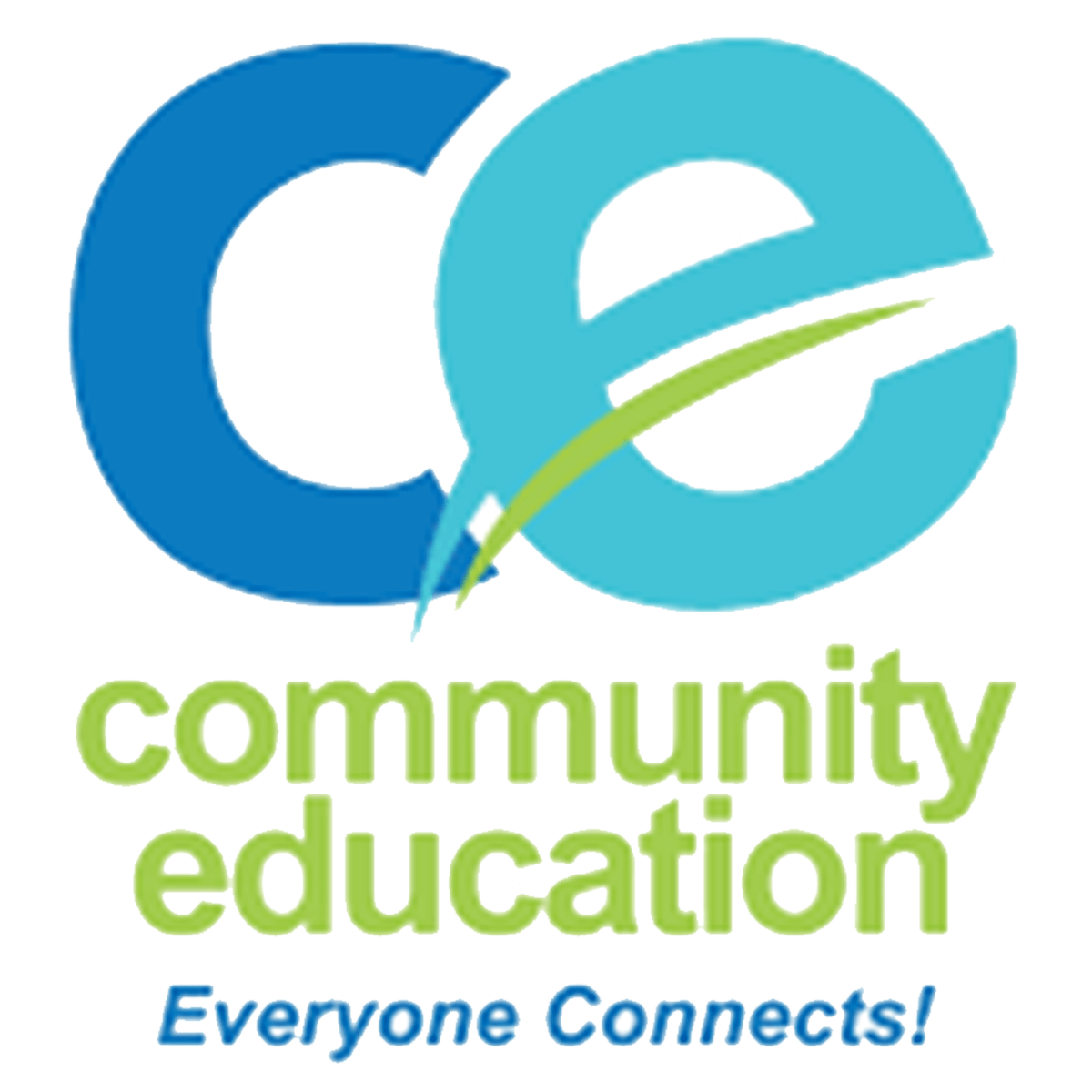The RPS Community Education Advisory Council (CEAC) offers mini-grants of up to $1,500 per project to support novel learning initiatives involving young people through student clubs and community non-profits. Renewal for a second year is possible.
These grants are designated for projects that extend learning opportunities beyond regular school hours. We value diversity across age, ethnicity, gender, sexuality, ability, and economic background, and we enthusiastically welcome proposals catering to varied audiences.
The council evaluates all applications received and actively encourages youth from our community to engage with us, sharing their experiences. CEAC grants aim to empower any youth-focused community group by providing resources to launch new endeavors, foster unique creations, and explore innovative concepts.
Our grants have supported a wide array of initiatives, including outdoor classrooms, community resource rooms, empowerment activities, robotics clubs, and youth development workshops. We encourage any project fostering learning experiences to apply for funding.
Applications can be submitted at any time with a rolling deadline of the 3rd Wednesday of each month. Start your application today at: https://www.rochesterce.org/o/ce/page/ceac
Case Study #1
Students engaged in lobbying efforts at the state capitol, advocating for a comprehensive, sustainable, and fair funding system for public schools. This experience provided them with invaluable insights into governmental procedures and how policymaking directly impacts their lives. The initiative facilitated mentorship opportunities among students, fostering their enthusiasm and motivation to effect meaningful change.
Supported by the CEAC grants, ~40 students in Grades 8 to 12 were able to participate in a dynamic and empowering day at the capitol. This hands-on involvement allowed them to actively engage with the workings of government, empowering them to use their voices effectively in advocating for change. Rather than taking a passive stance, these students embraced an active role in both governance and education, learning the importance of civic participation.
The positive outcomes of these excursions are evident in the emergence of student leaders and an increased interest in governmental affairs and civic duties. Throughout the school year, these student advocates become reliable sources of information within their communities, demonstrating a deep commitment to driving positive change.
The program not only cultivates a deeper understanding of research methodologies, but also hones essential skills such as public speaking and professionalism among participating students. This multifaceted approach not only enhances their knowledge of government processes but also equips them with practical skills necessary for effective advocacy and leadership roles in the future.
Case Study #2
STEM Labs emerged as a student-driven initiative in collaboration with the Mayo Clinic and local middle schools, aiming to deliver an exceptional STEM (Science, Technology, Engineering, and Mathematics) experience. Spearheaded by the STEM Society at Century High School, this innovative project established a groundbreaking student laboratory within Kellogg Middle School's woodshop. The lab's design focused on offering direct one-on-one mentorship while nurturing a culture of creativity and hands-on exploration through accessible equipment and cutting-edge technology. The STEM Society maintains a regular weekly schedule at STEM Labs, where dedicated volunteers eagerly support students with their science fair projects.
To ensure the availability of necessary equipment, the CEAC grant facilitated the acquisition of a spectrophotometer, a crucial tool used for various biological and chemical laboratory procedures within the lab. This grassroots initiative has since evolved into a sustained after school program spanning all four middle school sites. Mentors, sourced from young professionals and university students recruited by Oraculi—a local nonprofit founded by RPS alumni—play a pivotal role. Described as a recurring field trip experience within the school setting, this program welcomes real-life scientists, engineers, and other STEM professionals on a weekly basis to guide and contribute to both new and ongoing exciting projects.

